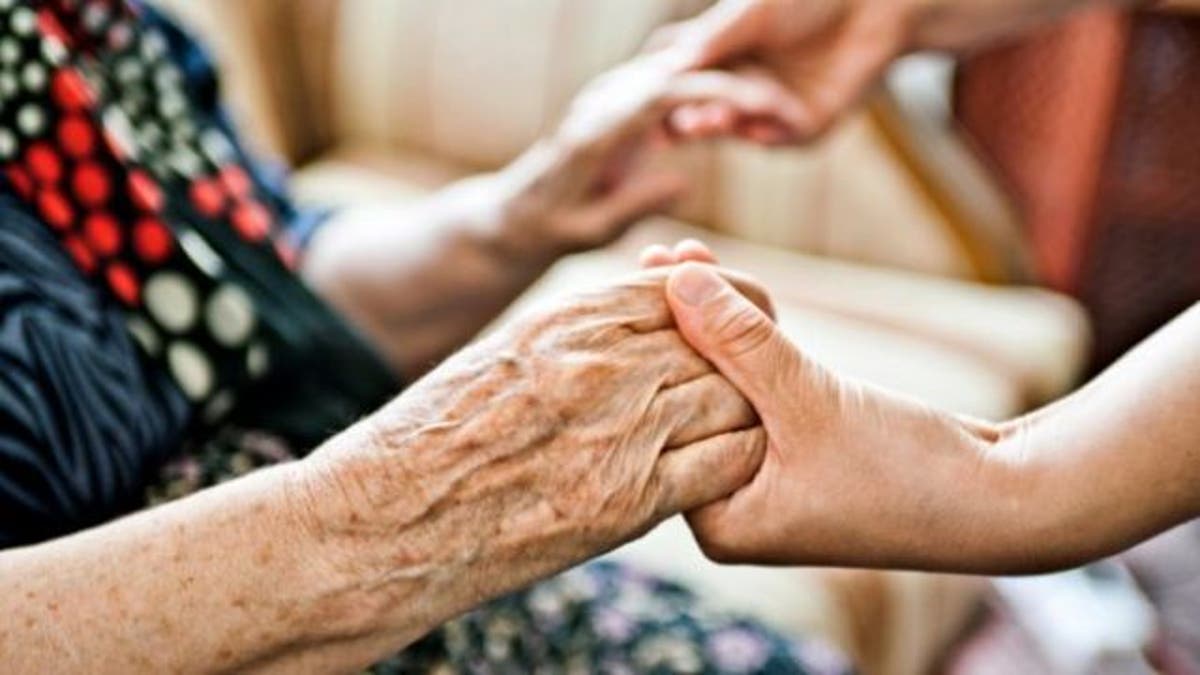
Among dying hospice patients, hearing problems are often overlooked, but shouldn’t be, experts say.Families and physicians frequently mistake hearing loss for dementia among the elderly and terminally ill, said Barbara Weinstein, a professor of audiology at the City University of New York.
The Institute of Medicine’s recent report, Dying in America, outlined core components of quality end-of-life care, many of which are tied to patients’ ability to listen and communicate: patient counseling; distress management; attention to social, cultural and religious needs and assessment of physical and emotional well-being.
But according to the Centers for Disease Control and Prevention, 80 percent of Americans age 85 and older have hearing impairments. And Medicare and the Medicare Hospice Benefit do not cover hearing aids, which can cost between $1600 and $3500 each.
Hospices might be able to work “with resources in the community if there was a patient with a need for hearing aids,” said Judi Lund Person, Vice-President of Regulatory Affairs for the National Hospice and Palliative Care Organization.
Athens, Ohio-based audiologist Bethany Gonczy started one such community program within her Diles Hearing Center to loan hearing aids to hospice patients. She saw a need after treating cancer patients who lost hearing due to chemotherapy or pain regimens.
“They can have relationships with their family,” Gonczy said. “Those relationships at the end of life are more important than ever. They are able to communicate with their kids and grandkids.”
When a patient dies, the family returns the hearing aid for reuse.
“For people we have helped, it has made a huge difference in their life,” she said.
Steven Murphy, Executive Director of Hearing Charities of America, said too few community resources like Gonczy’s exist. His organization maintains a list of philanthropic programs that help those who cannot afford hearing aids. In 2014, Hearing Charities backed the launch of the “New Jersey Hearing Aid Project,” which donated one hundred hearing aids in its first year.
“The impact is significant,” Murphy said. He would like physicians treating older patients to encourage screening earlier. If hearing loss is not recognized until the final stages of illness, it is often too late to receive help.
“This problem will not be solved by any one organization,” he said. “It will require input by government, the industry and other charities.”
Lise Hamlin, the Director of Public Policy for the Hearing Loss Association of America, said the problem will linger as long as Medicare coverage excludes hearing devices. She points out that federal employees may choose insurance plans with hearing coverage, and she said all Americans should enjoy the same luxury.
“We would like to see better solutions,” Hamlin said.
In the meantime, Weinstein advises, caregivers should frequently inquire if a patient hears what was said.
Most hard-of-hearing patients can be engaged in conversation with a personal sound amplifier and stereo headset that costs a little more than a hundred dollars, Weinstein said. She advises doctors, particularly palliative care specialists, to keep such a device in their pocket.
“A lot of people at the end of life have been marginalized” because they can’t hear, Weinstein said. “They may appear confused or cognitively deprived, but it is because they have not been included in the conversation.”
“It’s easier not to communicate with someone with hearing loss, especially at that stage,” said Weinstein. “But it is not justifiable, especially when there are options.”
